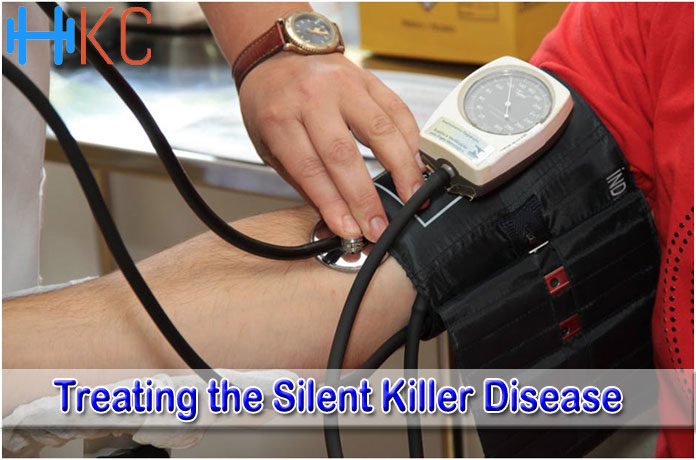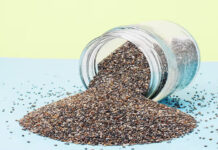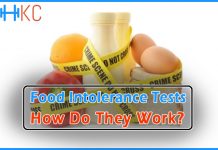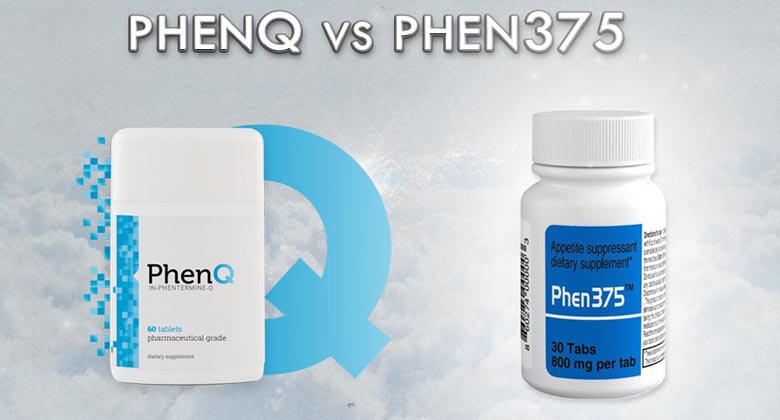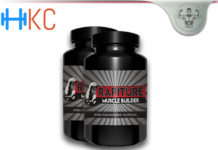You might be on that stage wherein you already are prescribed with lots of medications due to a one or two conditions you are having, and with all of these medications and prescriptions you are told about, do you really know anything about these aside from it being a prescribed medicine of your doctor?
There are dozens of high blood pressure medications that are available with each of their pros and cons. And since your doctor might have prescribed you with more than one medication for your hypertension to treat your condition, isn’t it just right for you to know about it?
What is Hypertension?
Hypertension or also commonly called high blood pressure is a condition that makes an individual vulnerable to many severe complications since it increases the risk of heart disease, stroke, and death. Hypertension also has the title of the “silent killer” why? It is because only a few people know when their blood pressure goes up and aren’t always aware that they have high blood pressure because there really are no symptoms.
Hypertension is the exerted force by the blood against the walls of the blood vessels. The pressure made by the blood depends on the work done by the heart and the blood vessels’ resistance. According to data, there are an approximate of 85 million people in the United States that have this deadly disease and the World Health Organization has made this as a global health concern.
It has been found out that the rising of the number of people having this condition is due to the growth of the processed food industry that greatly impacts the number of salts in diets worldwide. Salt consumption plays a significant role in hypertension since it wrecks the delicate balance in your bloodstream reducing your kidneys’ ability to remove the water which results to a higher blood pressure.
Medication Options
If you were diagnosed by your doctor having this condition then you probably have prescribed medications right now. The diuretics might have been the first suggestion by your doctor which removes the excess water and sodium from your body that decreases the amount of fluid flowing through the blood vessel which afterward reduces the pressure on your blood vessel’s walls.
The Joint National Committee on Prevention, Detection, Evaluation, and Treatment of High Blood Pressure has suggested that the thiazide diuretics is what most people intake first other than the other diuretic types, loop, and potassium-sparing in treating high blood pressure and heart problems related to this condition. Now if these diuretics are not enough to lower your blood pressure, then there would be medications such as:
Angiotensin-converting enzyme (ACE) inhibitors
This medication’s name is derived from the hormone called angiotensin which is helped by this medicine by preventing its formation and aids the blood vessel to relax. Frequently prescribed Angiotensin-converting enzyme inhibitors are ramipril (Altace), lisinopril (Zestril, Prinivil), and enalapril (Vasotec).
Angiotensin II receptor blockers (ARBs)
Angiotensin II is formed in the blood and is a very potent chemical that causes muscles which surrounds the blood vessels to contract, thereby narrowing the vessels. To put it simply, it helps to relax the blood vessels by blocking the action of angiotensin, which was explained beforehand, that is a chemical in the body that narrows the blood vessels. Frequently prescribed medications are losartan (Cozaar), valsartan (Diovan), and others.
Beta-blockers
Beta blockers are also known as beta-adrenergic blocking agents which are known to reduce blood pressure. This medication works by blocking the epinephrine which is also known as adrenaline, a hormone. When intake, your heart beats more slowly and with less force, reducing blood pressure and helps the blood vessels open up, improving the blood flow. Frequently prescribed beta blockers are atenolol (Tenormin), metoprolol (Toprol-XL, Lopressor), and nadolol (Corgard).
Calcium channel blockers
Calcium channel blockers are medications which prevent calcium from entering the heart and its blood vessel muscle cells causing the blood vessels to relax and increase the supply of blood and oxygen to the heart that results in reducing the heart’s workload. The frequently prescribed calcium channel blockers are nifedipine (Adalat CC, Procardia, Afeditab CR), diltiazem (Tiazac, Cardizem, others), and amlodipine (Norvasc).
Takeaway
What is written here are only the information that you need about these medicines, for more information check out pharmaquotes. Additionally, you should regularly check your blood pressure and occasionally have a check-up with your doctor. A healthy lifestyle would also help you in preventing and treating this condition.



